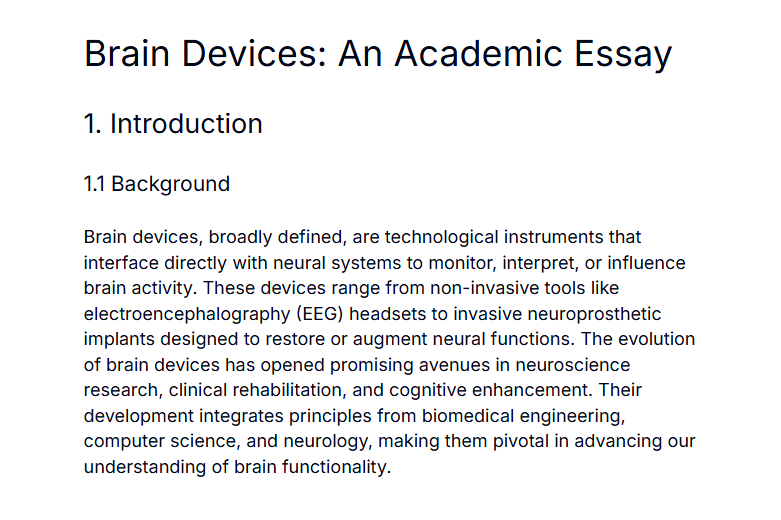Prospective Three‐Generation Approaches in Intergenerational Transmission Research: Implications for Reducing Ageism and Enhancing Cognitive Health
Abstract
This paper synthesizes findings from recent reviews on psychosocial influences on cognitive health, interventions to reduce ageism, and prospective three‐generation research designs in intergenerational transmission. Interventions that combine educational components and intergenerational contact have demonstrated significant reductions in negative ageist attitudes and improvements in psychosocial well‐being. In parallel, psychosocial behaviors such as social connectedness are linked to better cognitive outcomes in later life. Moreover, prospective three‐generation studies offer a robust framework for examining the developmental origins and transmission of both risk and resilience factors. Drawing on Wilson and Bennett [1], Burnes et al. [2], Peters et al. [3], and Howland and Glynn [4], this review highlights promising directions for future research and intervention strategies.
Introduction
The steady growth of the aging population has heightened concerns about cognitive decline and the pervasive impact of ageism. Negative stereotypes and prejudices not only affect the mental and physical health of older adults but may also limit their opportunities for meaningful social engagement and quality care. Research indicates that psychosocial behaviors, including robust social networks and emotional well‐being, play a vital role in promoting cognitive health [1]. Concurrently, systematic evaluations of intergenerational programmes reveal potential benefits in reducing ageism and fostering social inclusion [3]. This paper integrates these insights with emerging prospective methodologies that track intergenerational transmission over three generations, thereby offering a comprehensive perspective on how to mitigate ageism and enhance cognitive reserve.
Interventions to Reduce Ageism and Enhance Cognitive Health
Strategies to combat ageism typically involve educational interventions, intergenerational contact, or a combination of both. Burnes et al. [2] demonstrated that interventions involving both education and structured contact yield significant improvements in attitudes toward older adults and enhance overall comfort in interactions. These findings suggest that even relatively brief and low‐cost programmes can effectively challenge entrenched negative stereotypes. In addition, psychosocial factors such as social connectedness not only reduce the detrimental effects of ageism but also contribute directly to preserving cognitive function later in life [1]. Systematic reviews of intergenerational programmes reinforce these benefits by documenting enhanced social interaction and reduced isolation among community‐dwelling older adults when they participate alongside younger generations [3].
Prospective Three‐Generation Research Approaches
Traditional investigations into intergenerational transmission have often relied on retrospective accounts, which may be susceptible to bias and confounding. In contrast, a prospective three‐generation design—as proposed by Howland and Glynn [4]—follows individuals (Generation 2) from their childhood experiences with their parents (Generation 1) through to their own parenting and the early development of their children (Generation 3). This design allows for clear temporal sequencing of predictors, mediators, and outcomes, thereby facilitating a more precise analysis of how early life factors such as attachment and parenting quality influence later intergenerational processes. Such robust study designs promise to clarify mechanisms—whether biological, environmental, or their interplay—that underpin the transmission of both risk and resilience. The insights gained from this approach could inform targeted interventions designed not only to disrupt adverse cycles but also to reinforce protective psychosocial factors that support cognitive health in old age [4].
Conclusion
Reducing ageism and enhancing the psychosocial environment of older adults are crucial steps in promoting cognitive health. Evidence suggests that interventions combining educational content with intergenerational contact can yield significant positive shifts in attitudes and improve overall well‐being [2,3]. Moreover, prospective three‐generation research offers a methodological advancement that overcomes the limitations of retrospective studies, providing deeper insights into the mechanisms driving intergenerational transmission [4]. Together, these approaches offer a comprehensive framework for designing effective policies and interventions that address ageism and support healthy cognitive aging.
References
[1] Wilson RS, Bennett DA. How Does Psychosocial Behavior Contribute to Cognitive Health in Old Age? Brain Sci 2017;7(6):56.
[2] Burnes D, Sheppard C, Henderson CR Jr, Wassel M, Cope R, Barber C, Pillemer K. Interventions to Reduce Ageism Against Older Adults: A Systematic Review and Meta-Analysis. Am J Public Health 2019;109(8):e1–e9.
[3] Peters R, Ee N, Ward SA, Kenning G, Radford K, Goldwater M, Dodge HH, Lewis E, Xu Y, Kudrna G, Hamilton M, Peters J, Anstey KJ, Lautenschlager NT, Fitzgerald A, Rockwood K. Intergenerational Programmes bringing together community dwelling non-familial older adults and children: A Systematic Review. Arch Gerontol Geriatr 2021;94:104356.
[4] Howland MA, Glynn LM. The future of intergenerational transmission research: A prospective, three-generation approach. Dev Psychopathol 2024;36(Special Issue 5):2294-2304.
